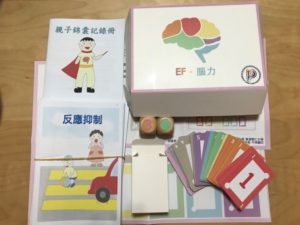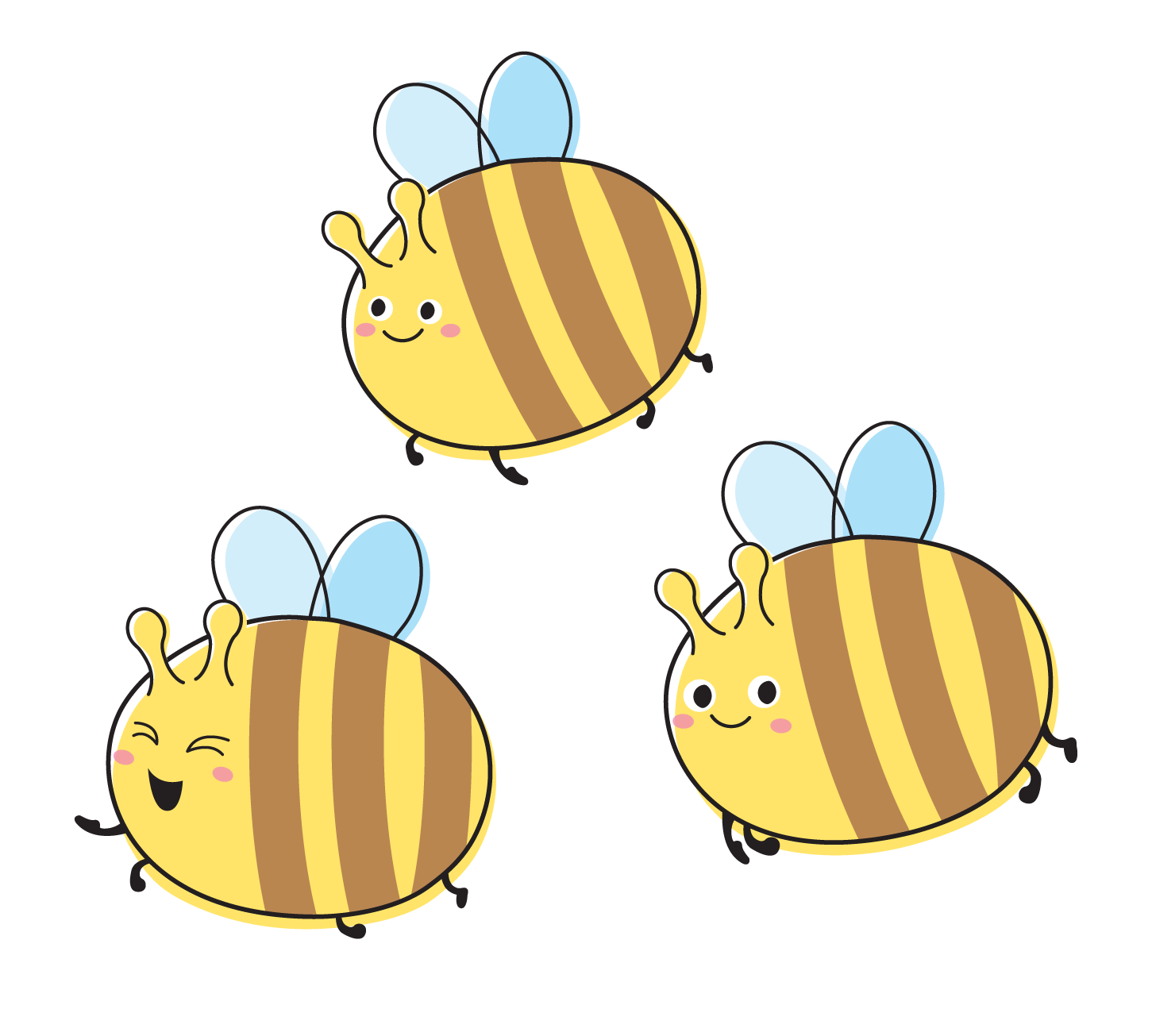Author: Professor Alex Chi-keung CHAN
Dean and Professor of the School of Arts and Humanities at Tung Wah College
As parents, we all hope for our children to grow up healthy and happy. Research in neuroscience and developmental psychology has shown that the development of a child’s brain, understanding the key abilities that help them grow, manage their daily life, and adapt to different environments, is closely connected to a series of executive functioning skills. Educating young children about how to manage their emotions helps them develop their thinking, physical, and social skills. It also helps them to explore a lifelong learning for the future.
What are Executive Functioning Skills?
Executive functions refer to a series of cognitive and psychological processes that help a person inhibit, regulate, focus, remember, analyze, organize, make decisions, plan, and act. In simple terms, executive functions encompass basic and higher-level cognitive and psychological processes that enable an individual to independently and effectively manage and organize their thinking and take appropriate action to complete a task or achieve a goal. Developmental psychologists believe that the ages of three to five are the golden period for the development of executive functions. Preschool education and family upbringing should seize this opportunity of brain plasticity to create an environment conducive to the development of executive functioning skills and cultivate children’s executive functioning growth.
The Influence of the Environment on the Development of Executive Functioning Skill
Modern neuroscience research suggests that stable and secure environments greatly contribute to the growth of executive functioning skills in young children. Moreover, even when children face challenges in their lives (such as unfavorable family economic conditions), if they can establish a positive, stable, and supportive attachment relationship with their parents, caregivers, or a trustworthy adult, it not only buffers the negative impact of adverse environments on children’s growth but also shapes a suitable environment for fostering essential executive functioning skills, supporting their adaptation to changing circumstances, overcoming adversity, and thriving.
The Importance of Well-Developed Executive Functioning Skills for Children's Growth
- Enhancing early learning abilities
- Improving social development
- Enhancing physical and mental well-being
- Reducing negative behaviours
How can parents cultivate children's executive functioning skills?
Parents should understand and pay attention to their own basic executive functioning skills, especially in terms of inhibitory control, emotional regulation, attention, and cognitive flexibility when interacting with their children.
- Improve parenting approaches that hurt children’s executive functioning skills (such as frequent scolding, corporal punishment, ignoring inappropriate behaviors, and excessive indulgence).
- Establish a caring, rational, interactive, and trusting family environment and parent-child relationship.
- Engage children in individual or group activities that support the development of executive functioning skills based on their interests (such as sports, arts, music, dance, etc.).
- Help children establish regular and healthy habits in daily life.
- Provide children with limited choices within boundaries.
- Utilize scaffolding techniques (such as mutual parent-child reading) to assist children in using and developing executive functioning skills.
- Listen and observe children, provide them with simple and direct instructions, and patiently assist them in expressing their emotions or engaging in appropriate behaviors.
- Focus on cultivating children’s character traits (such as patience, self-control, and compassion).
- Allow children to have quiet time and sufficient sleep every day, ensuring they have enough rest.

References:
- Bodorova, E., & Leong, D. J. (1996). Tools of the mind: The Vygotskian approach to early childhood education. Upper Saddle River, New Jersey: Pearson Prentice Hall.
- Chan, C.-K., Cutuli, J. J., Herbers, J. E., Zhang, X., Bernard, B. P. H., & Kung, M.-W. (2019). Executive function skills and early school success in young Chinese children from low-income families. Paper presentation at 2019 American Educational Research Association (AERA) Annual Meeting, Toronto, Canada, April 5-9, 2019.
- Diamond, A. (2012). Activities and programs that improve children’s executive functions. Current Directions in Psychological Science, 21(5), 335-341.
- Diamond, A., & Lee, K. (2011). Interventions shown to aid executive function development in children 4 to 12 years old. Science, 333, 959-964. doi:10.1126/science.1204529
- Masten, A. S., Herbers, J. E., Desjardins, C. D., Cutuli, J. J., McCormick, C. M., Sapienza, J. K., Long, J. D., & Zelazo, P. D. (2012). Executive function skills in school success in young
- Zelazo, P. D., Carlson, S. M., & Kesek, A. (2008). The development of executive function in childhood. In C. A. Nelson & M. Luciana (Eds). Handbook of developmental cognitive neuroscience (2nd Ed). (pp. 535-574). Cambridge, MA: The MIT Press.
- 陳自強、龔文尉、及盧芷晴。(2019)。<建立孩子未來的鑰匙: 培育幼童的執行功能技巧> 實用手冊。香港樹仁大學 輔導及心理學系。https://ra.lib.hksyu.edu.hk/jspui/handle/20.500.11861/5800
- Center on the Developing Child at Harvard University: https://developingchild.harvard.edu/




